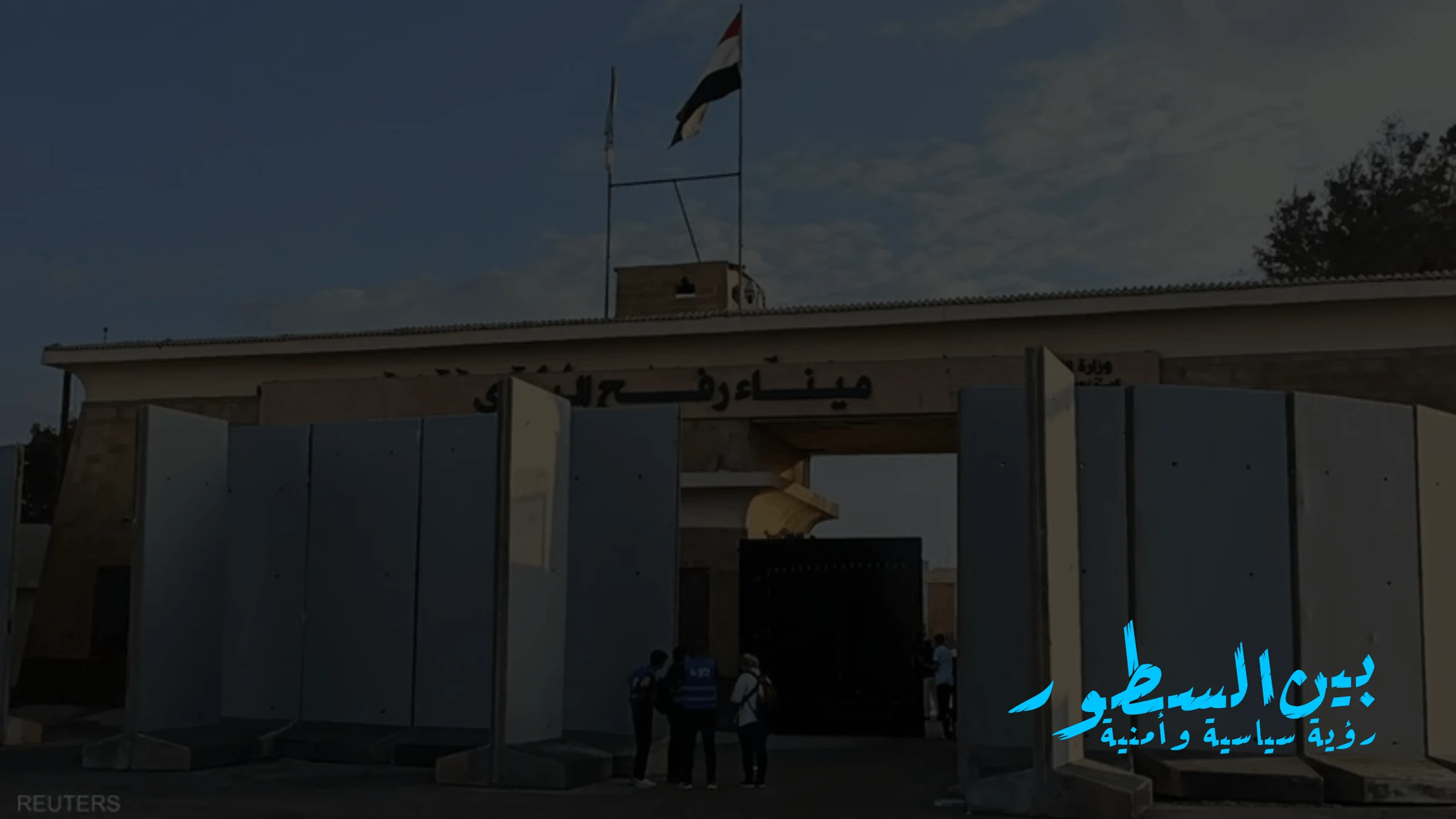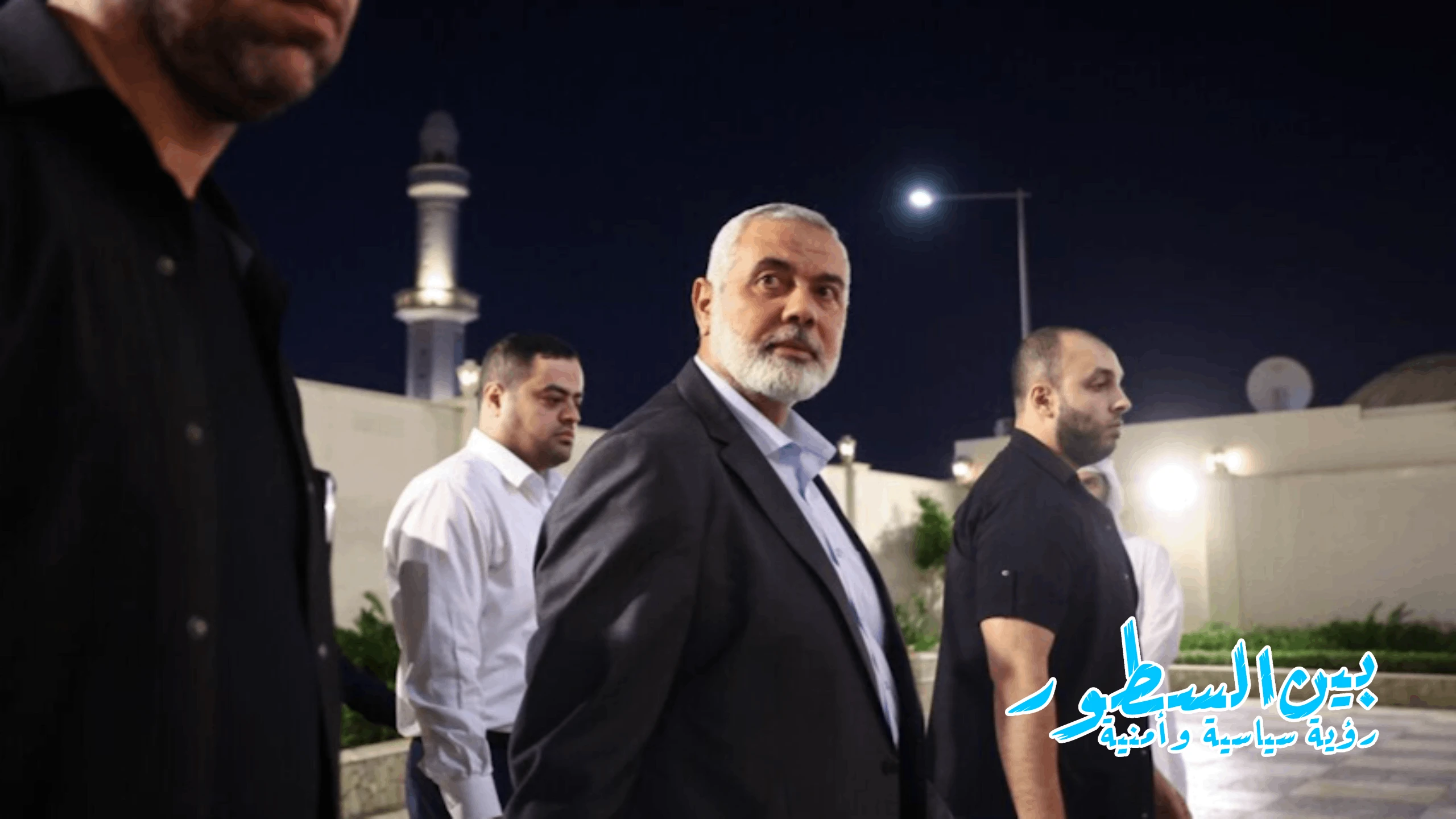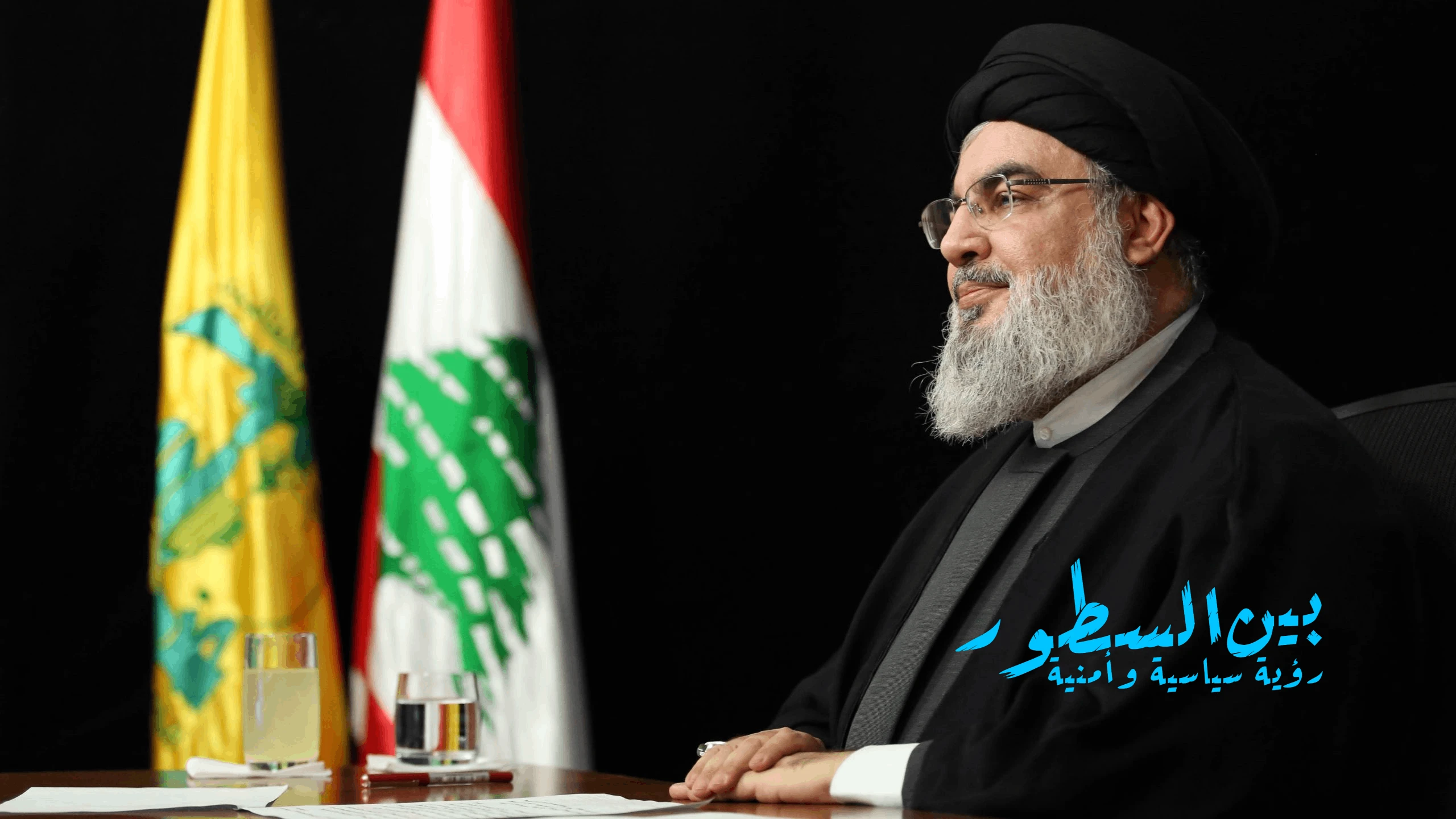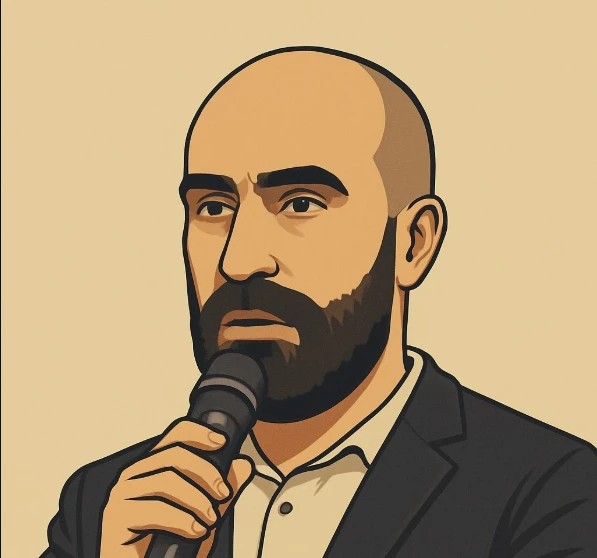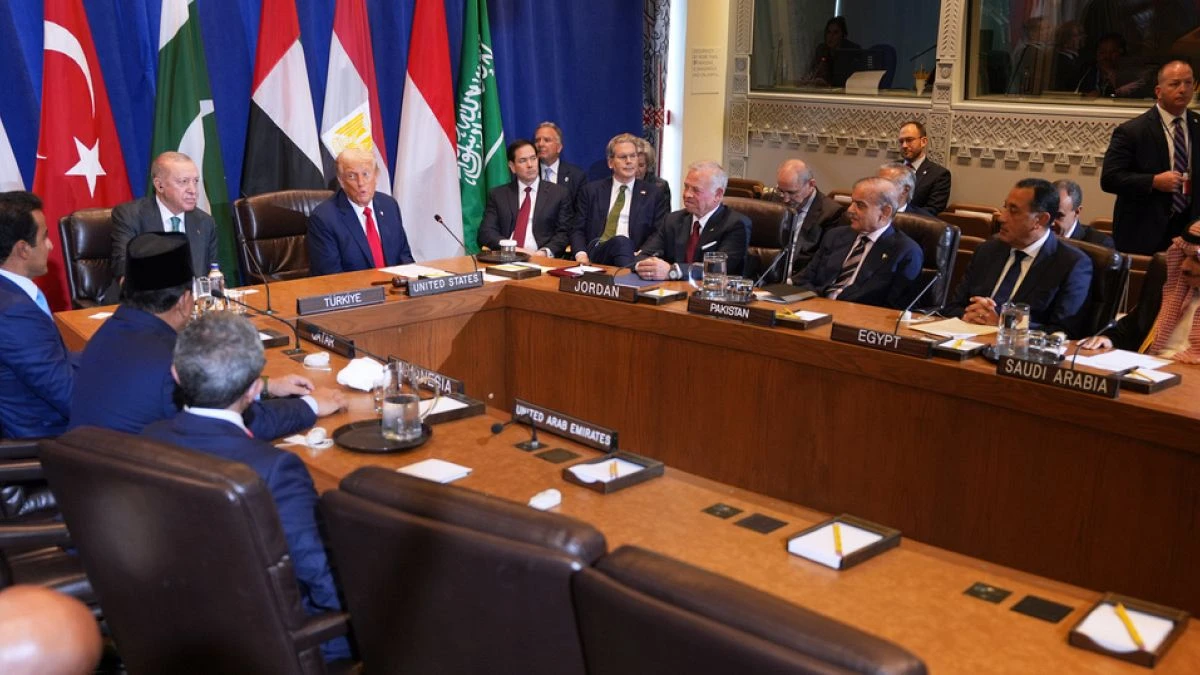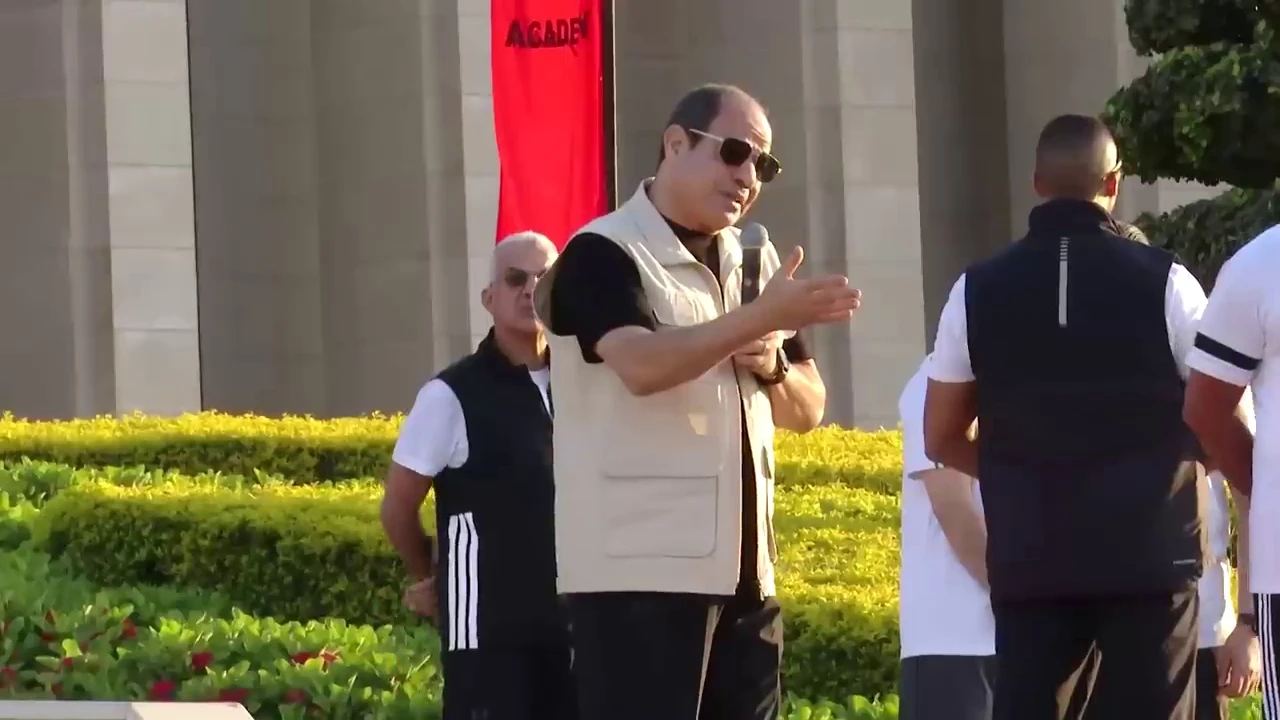Fuel Battle Between Egypt and Israel, with Hamas as the Stakeholder
This is an AI-generated English translation. The original text is in Arabic.
The director of Al-Shifa Hospital in the Gaza Strip announced that hundreds, if not thousands, of patients may die in the coming hours due to the hospital's cessation of operations as a result of fuel shortages, amid the ongoing war and Israel's blockade preventing fuel from entering the territory.
However, behind this humanitarian scene, there are political dimensions that can be read between the lines, within the framework of what American diplomat Dennis Ross described as the Israeli and Arab desire to destroy Hamas.
Pressure on Hamas
Israel believes that Hamas has a sufficient stockpile of fuel that allows it to continue the fight, and that this fuel is essential for operating rocket launch platforms and managing military operations. Therefore, Israel seeks to pressure the movement by preventing the entry of fuel through the Palestinian-Egyptian crossing, hoping that Hamas will be forced to divert part of its stockpile for the hospitals, thereby weakening its combat capabilities.
In implementing this plan, Israel relies on coordination with the Egyptian authorities, threatening to target the Rafah crossing if what it considers "undesirable" materials are brought in. Israel has already bombed the crossing multiple times from the Palestinian side, resulting in the deaths of Egyptian soldiers who have been announced so far.
Hamas and Inevitable Death
On the other hand, Hamas believes that diverting fuel intended for the battle towards hospitals will weaken the resistance and pave the way for its collapse against the Israeli army, which serves the Israeli and Arab plans to end the movement's existence. It also considers that this step will lead to the displacement of Palestinians from Gaza as happened during the Nakba, making Gaza a captive of occupation with no return for its people, paving the way for a repeat of the same scenario in the West Bank, and possibly later in Lebanon.
The movement sees the ultimate goal of this plan as facilitating the American-Israeli project for the new Indian maritime corridor, a project that does not serve Egypt's interests, even though Cairo appears to be in alignment with this direction so far.
Conclusion
It is clear that the plan is nearing success, and it may not be surprising if Al-Shifa Hospital announces in a few hours the death of some of its patients. At that point, we will enter a new phase of "Arab condemnation," where foreign ministers will issue statements to silence the angry populations, who will take to the streets in protests that serve no purpose other than to capture photographs, as expressed by an Egyptian police officer in one of the recorded videos.

